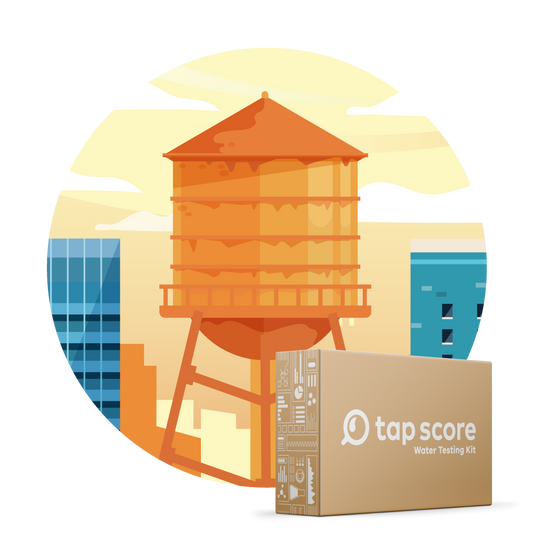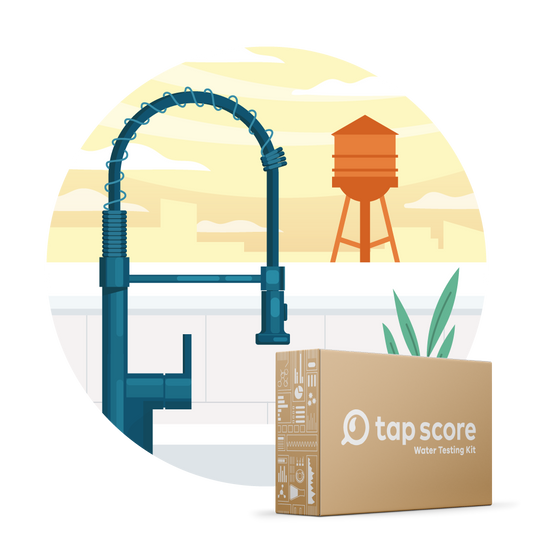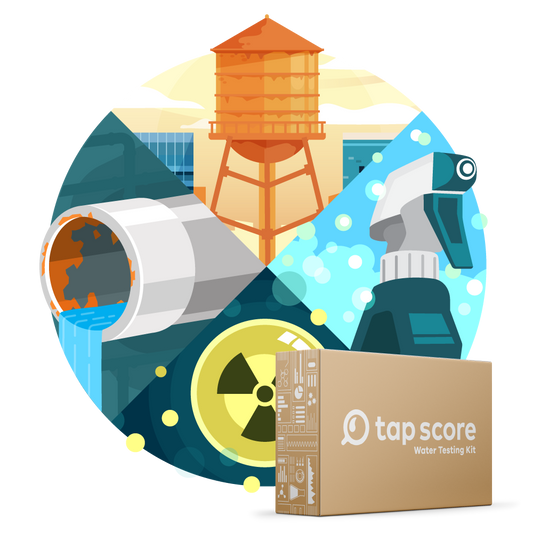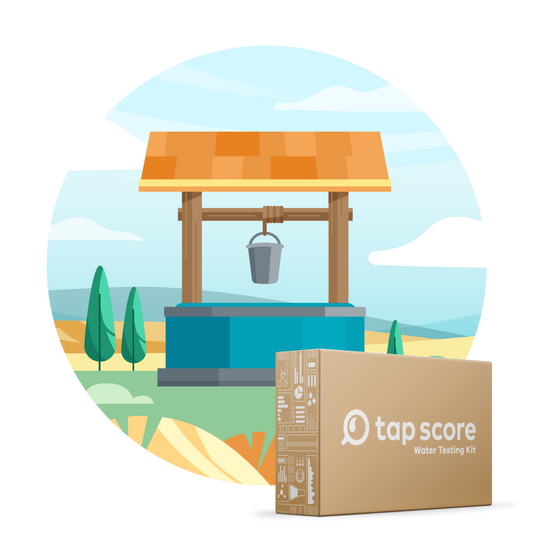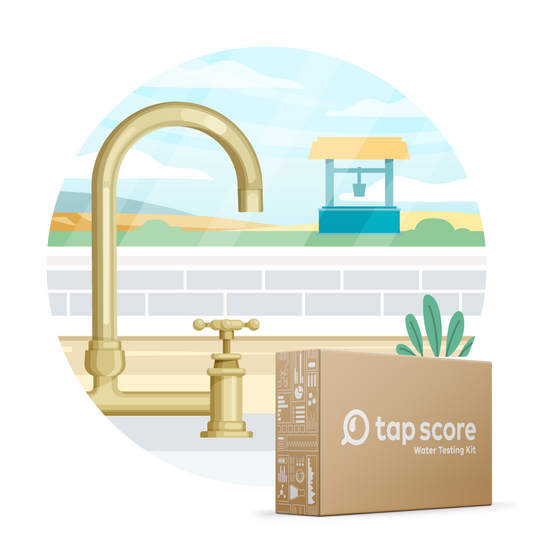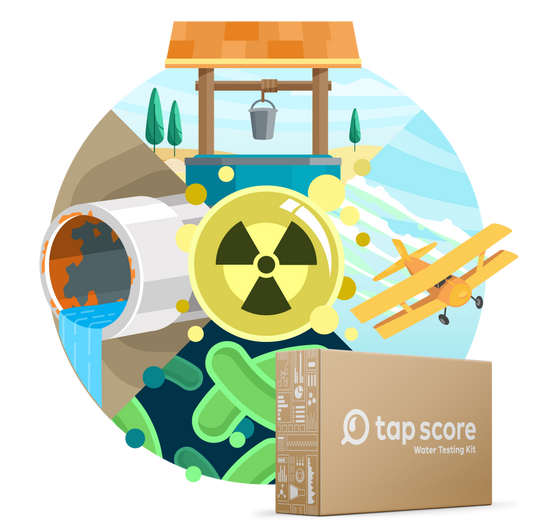
What is Recycled Water?
Recycled, Reclaimed, Reused—How Wastewater is Being Repurposed & What You Need to Know
“Non potable water—do not drink.” You've seen that before, right?
Aside from advising you not to drink water that’s unfit for your health, these signs often indicate the use of recycled water (also known as reclaimed water). In a world where freshwater is scarce and drinking water demand is on the rise, cities have turned to advances in engineering to treat and reuse wastewater.
While this has been a longstanding practice for non-potable water use, some cities are working on making wastewater clean enough to drink. We know what you’re thinking–ew! But before you shake your head, let us explain what water recycling is, how it’s done, and why this may define the future of water use in cities.
Which Types of Water Can Be Recycled?
The sources of recycled water are split into two main categories: blackwater and greywater.
Rainwater can also be collected and used to water plants, wash clothes, or flush toilets without any treatment necessary.
Treatment & Uses for Recycled Water
Recycled water is treated depending on what it will ultimately be used for. Higher levels of treatment are required for water that humans will be more exposed to, such as food crop irrigation or drinking water. See here for a visual of water coming in and out of a recycled treatment process.
First, all water goes through a primary level of treatment using sedimentation. Then, it moves on to the two main levels of treatment–secondary and tertiary–which each have different reuse applications.

For water reuse to be suitable for potable purposes, it must undergo tertiary treatment. Water reused for drinking is called “indirect potable reuse” if the reclaimed water is recharged in depleted groundwater basins/aquifers and surface water reservoirs before getting to the tap. Water directly piped into the water supply is called “direct potable reuse”–while researchers are developing technologies for this, direct potable reuse is not yet approved in the US.
If you've seen large, purple pipes, alongside other water pipes and mains you can be pretty sure they are carrying recycled water.
Treatment Regulations & Certifications
The Environmental Protection Agency (EPA) has regulations and guidelines for wastewater treatment for water reuse, which are fully outlined in their Guidelines for Water Reuse document. The National Science Foundation (NSF) has two certifications for recycled water and many states have their own specifications and guidelines as well. Companies who reuse water onsite become certified to prove to consumers and officials that their treatment system is adequate to safety standards.
What Are the Main Concerns Regarding Recycled Water Use?
Currently, there are no documented cases of human health impacts from recycled water. However, that does not mean that we have nothing to worry about. The effects we might see from drinking reclaimed water recharged into aquifers will most likely not be immediate. Instead, they might develop over time as we become exposed to very low concentrations of chemical and microbial contaminants, such as pharmaceuticals, endocrine disruptors, and disinfection byproducts (formed during the treatment process). These concerns are not unique to recycled water, however.
Given what we know, recycled water is a low-risk solution that is necessary in places running out of available water supplies (like California) but it is critical that risk is evaluated regularly and people are informed about potential risks.
Cities hoping to recycle water for reuse thus need to consider:
- The types of contaminants in wastewater that are unconventional in other drinking water sources.
- How water treatment might impact those sources.
- What the health risks are of contaminants that are known to be potentially dangerous, even if they are not yet regulated.
Why Are Cities Turning to Recycled Water?
Many cities—especially in water scarce areas—are experimenting with increasing recycled water use for a few reasons:
Saving energy & money
Most water recycling happens on site–companies treat their own wastewater and reuse it for flushing their own toilets and irrigating their lawns. Onsite water recycling decreases the need for transporting water from external sources, which saves energy and money.
Making water use more sustainable
Recycling water reduces the amount of potable water used for toilets or industrial cooling processes where it is not necessary to use clean water. It subsequently frees up more clean water to be used for drinking water, making drinking water a more sustainable, reliable resource.
Helping the environment
Water reuse decreases the outflow of polluted wastewater being discharged into oceans and rivers that can harm the local ecosystems. Recycled water can also contain added nutrients and total dissolved salts from the treatment process, which–if used for irrigation–can sometimes work in place of synthetic fertilizers to stimulate agricultural growth.
Why Test Your Water?
We've tested hundreds of water samples that contain stuff you don't want to be putting in your body. The fact is: water quality is not a matter of “pure” versus “un-pure.” Bottled water is not necessarily better for you than tap water, and treated groundwater is not necessarily better than indirect potable reuse if it's done right.
But we go to the tap in the know. If you’re ever interested in testing your water (bottled water, well water, or city water) then we invite you to run a water quality test with our Tap Score service.
More questions on recycled water and water quality? Feel free to contact us at hello@gosimplelab.com!



